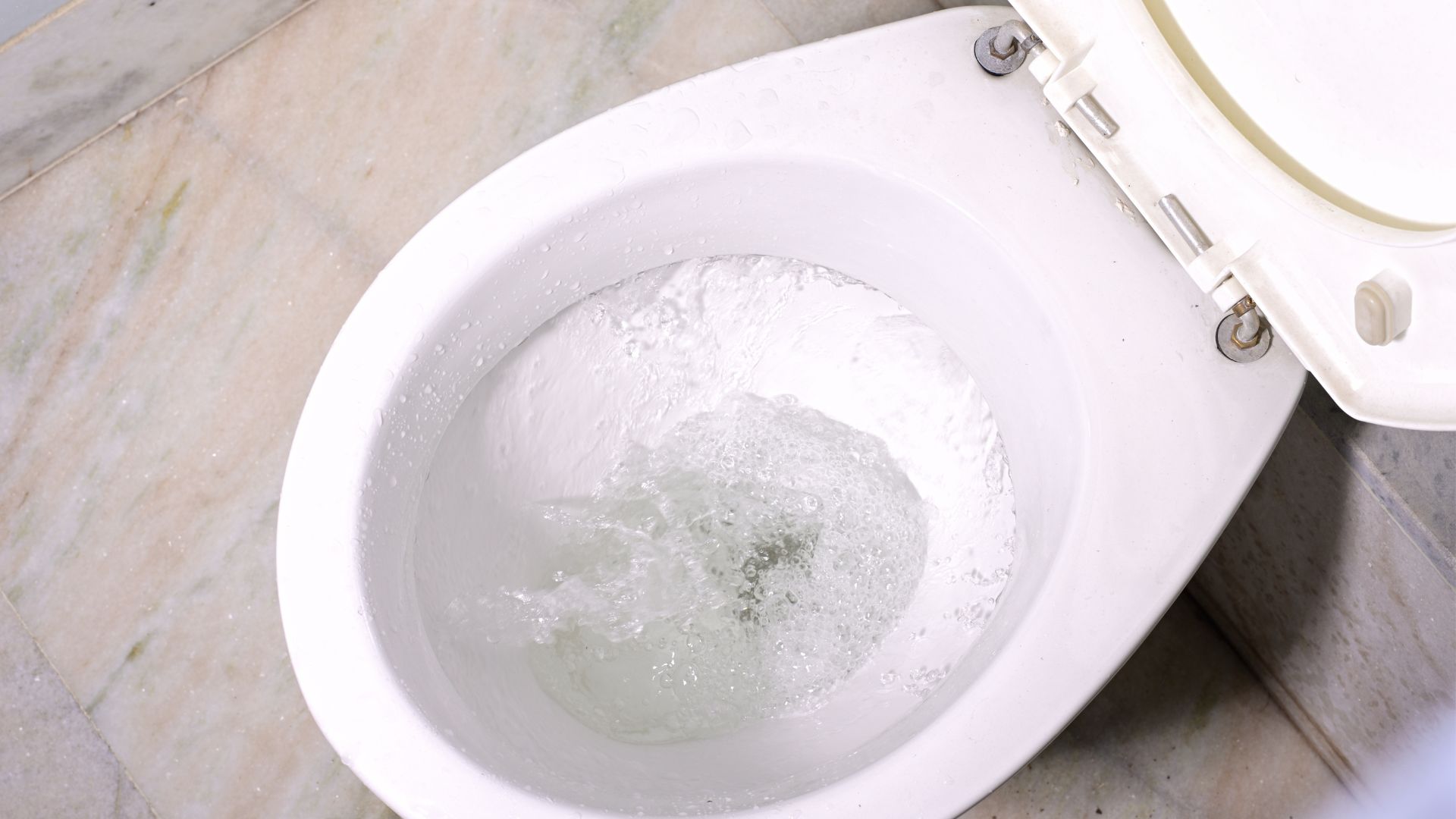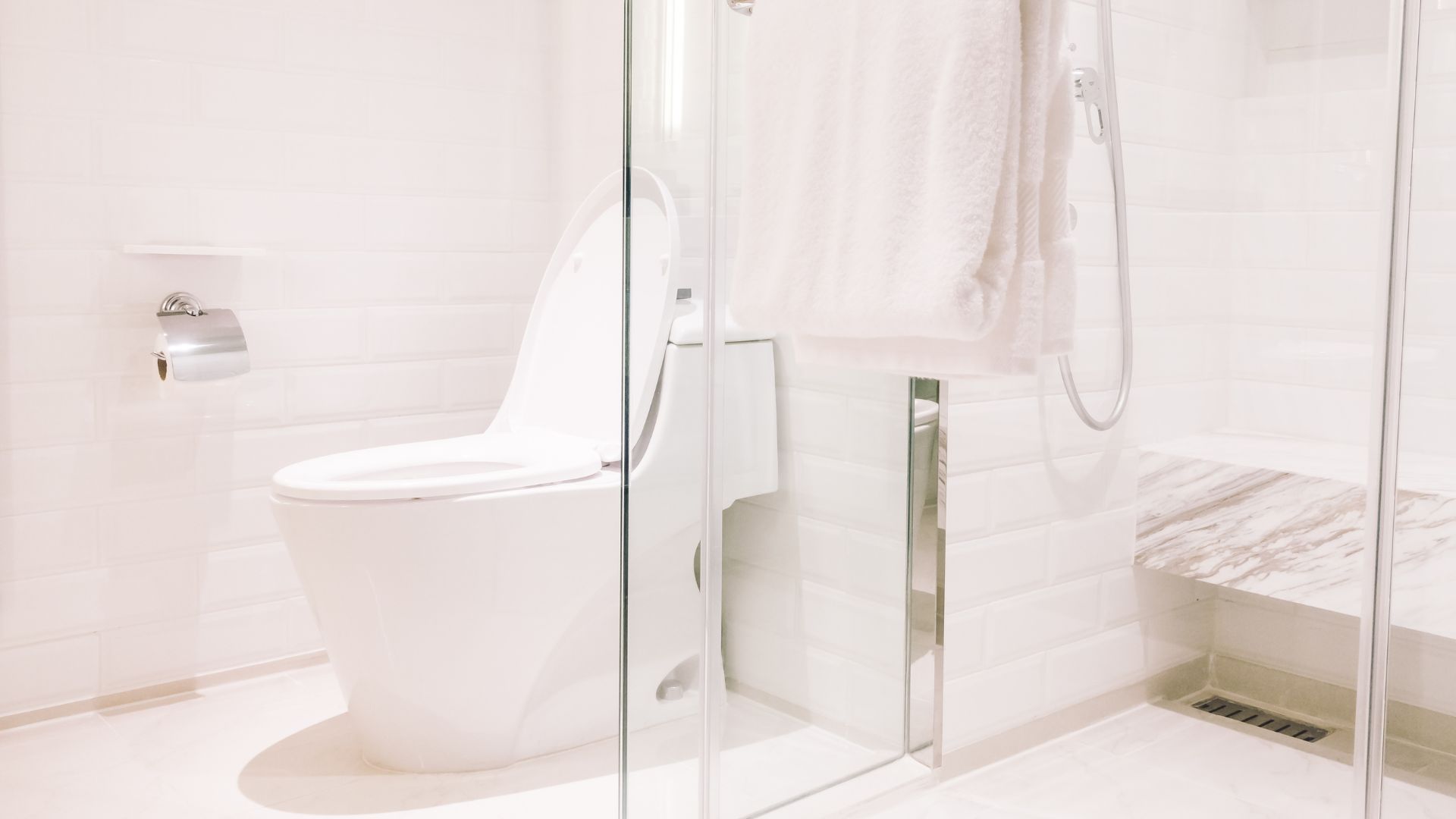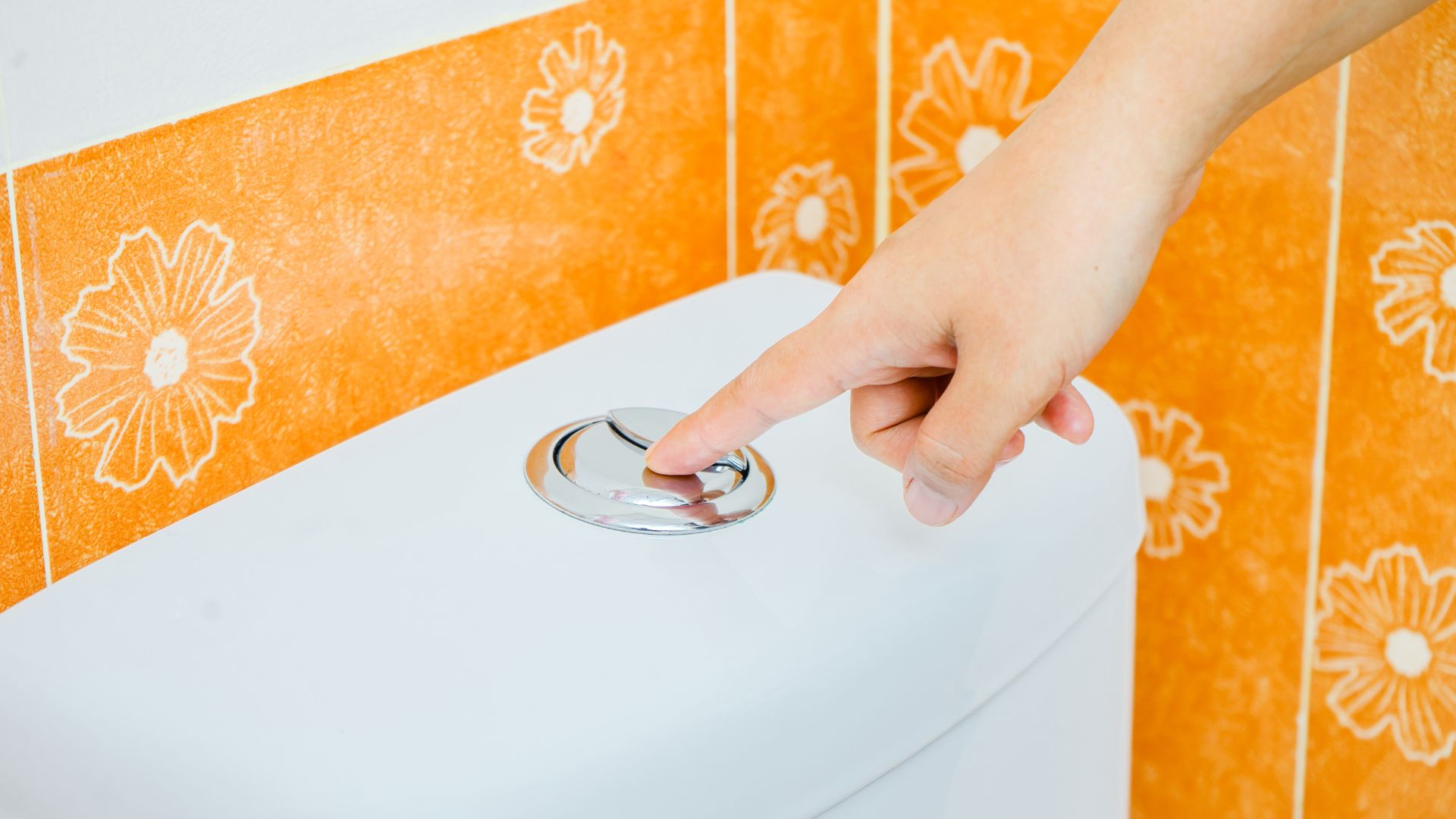7:00AM to 5:00PM
With a climate prone to droughts and a growing population, water conservation is more important than ever for Australian homes. One area where significant progress can be made is in toilet upgrades. Traditional toilets can guzzle enormous amounts of water, placing a strain on our vital supplies.
The good news is that water-efficient toilets have become a game-changer. These innovative plumbing fixtures use significantly less water compared to older models, all while delivering exceptional performance. The benefits are two-fold: you’ll be helping the environment by reducing water consumption, and you’ll likely see a noticeable decrease in your utility bills.
This comprehensive guide will equip you with all the knowledge you need to select the perfect water-efficient toilet for your Australian home. From understanding key functionalities to exploring various features, we’ll navigate the world of water-efficient toilets and ensure you make an informed decision.
Have you ever considered the amount of water your toilet uses with each flush? In Australia, we measure this using a key metric: litres per flush (LPF). This number represents the quantity of water a toilet uses for a single flush. In older toilets, this figure could be as high as 11 or even 12 litres, resulting in a substantial amount of water wasted every day.

For years, water-efficient toilets in Australia have been known as “dual-flush” models. These toilets feature two buttons or a two-stage lever, allowing users to choose between a half flush (typically around 3 litres) for liquid waste and a full flush (usually about 4.5 litres) for solid waste. While these toilets aimed to reduce water usage, some early versions faced challenges with performance, leading to clogs and multiple flushes. However, technological advancements have transformed water-efficient toilets. Modern designs employ innovative engineering and features to deliver excellent flushing power while using considerably less water.
The Water Efficiency Labelling and Standards (WELS) scheme was introduced by the Australian government to help consumers identify high-performing, water-efficient toilets. This program thoroughly tests and rates toilets based on their water efficiency and flushing performance, with a star rating system ranging from one to six stars. The more stars a toilet has, the more water-efficient it is.
When it comes to water-efficient toilets, there’s no one-size-fits-all solution. Thankfully, several innovative designs cater to different needs and preferences. Let’s delve into the most popular water-efficient toilet technologies:

These workhorses are the simplest and most common type of water-efficient toilet. They rely solely on gravity to flush waste. A tank filled with water sits above the bowl, and when the flush lever is triggered, the water rushes down, creating a siphoning action that removes waste. Gravity-fed toilets are known for their reliability, simple design, and excellent water efficiency, typically using 6.06 litres per flush or even less.
Looking for a powerhouse flush? Pressure-assisted toilets might be the answer. These models incorporate a pressurised tank within the main tank. When flushed, compressed air from this inner tank is released, creating a powerful surge of water that effectively removes waste.
While pressure-assisted toilets boast exceptional flushing performance, they tend to be more complex than gravity-fed models and may use slightly more water (around 4.54L per flush). Additionally, due to the pressurised air mechanism, they can be noisier.
Embrace ultimate control and water savings with dual-flush toilets. These innovative fixtures feature two flush levers or buttons. A full flush utilises a larger volume of water for solid waste, while a partial flush uses less water for liquid waste.
This allows you to tailor the flush to your specific needs, significantly reducing water consumption compared to traditional toilets. Dual-flush toilets can achieve water efficiency ratings as low as 4 litres per flush for the partial flush.
Single-flush water-efficient toilets are also available. These models prioritise simplicity and typically use 5L per flush or less. While they offer water savings compared to older toilets, they may not provide the level of water conservation or the customizability of dual-flush options.
Now that you know water-efficient toilet technology and key features, it’s time to find the perfect fit for your home! Here’s a quick recap of the key considerations:
Remember, the ideal water-efficient toilet for you depends on your specific needs and preferences. When making your final decision, consider your household size, bathroom layout, and desired level of comfort.

Pressing-Dual-Flush-Button.jpg
By choosing a water-efficient toilet, you’re making a smart investment for your home and the environment. But remember, proper installation is crucial to ensure optimal performance and avoid potential leaks that could negate your water-saving efforts.
For expert advice and assistance in selecting and installing the perfect water-efficient toilet for your needs, contact the qualified plumbers at Gold Coast Plumbing Company. Our team has the knowledge and experience to guide you through the process and ensure a smooth, hassle-free experience.
Contact Gold Coast Plumbing Company today. Let’s work together to conserve water and create a more sustainable future, one flush at a time!